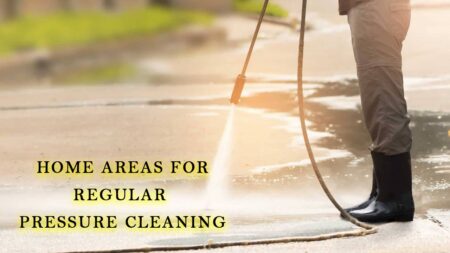Heating, ventilation, and air conditioning (HVAC) systems are intended to heat, move, or cool air in an indoor area. This technology has four categories: hybrid split, heating, and cooling split; duct-free; packaged heating; and air conditioning (AC). These units can help reduce the risk of airborne illnesses like influenza and tuberculosis by lowering excessive heat.
Traditional HVAC systems help homeowners control indoor temperature, but they are highly energy inefficient and require frequent maintenance. On the other hand, modern HVACs come with advanced features such as intelligent home compatibility, weekly scheduling, innovative AC modes, and mobile device accessibility that offer more controls and customization options to homeowners.
This article explains the benefits of intelligent HVAC upgrades and how they can save money on maintenance costs and energy bills. HVAC systems can be a burden on you pockets but by following certain tips and adhering to selective measures these systems provide excellent operations while reducing bills simultaneously.
Benefits of upgrading your old HVAC system
Reduced electricity bills
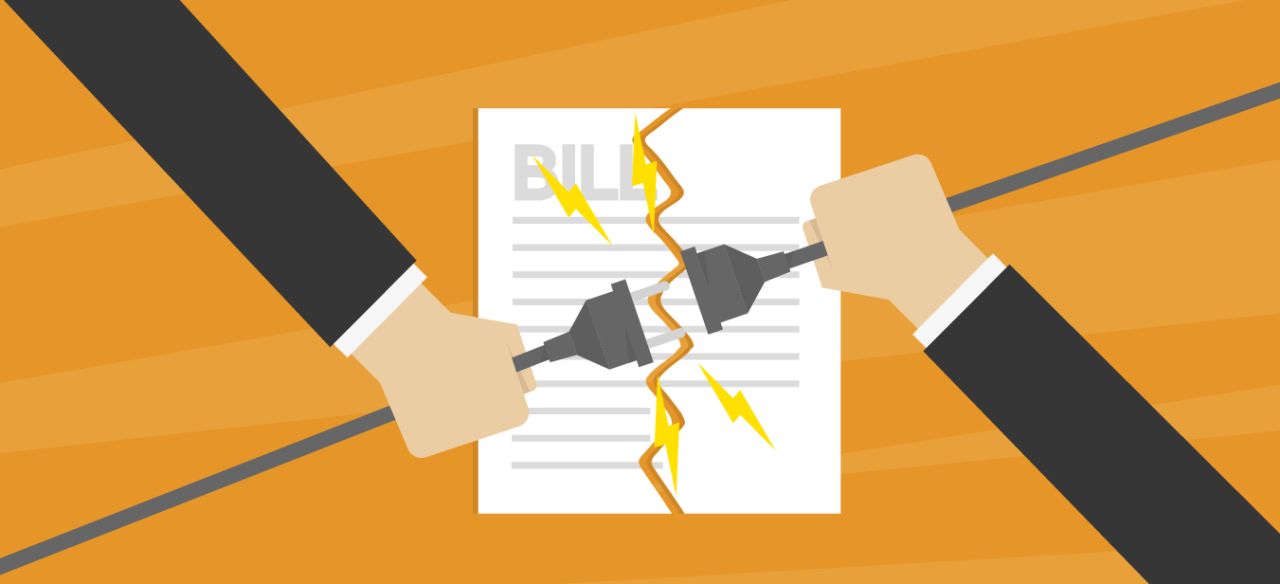
Energy consumption in households is high because traditional HVAC systems consume a lot of energy to maintain the ideal indoor temperature, resulting in high monthly bills. Frequent repairs to fix system inefficiency is another overhead that contributes to additional costs.
Outdated HVAC units can significantly increase homeowners’ electricity bills, hence correct AC installation and HVAC upgrade is another way to reduce household electricity bills, hence annual energy costs.
Fresher air
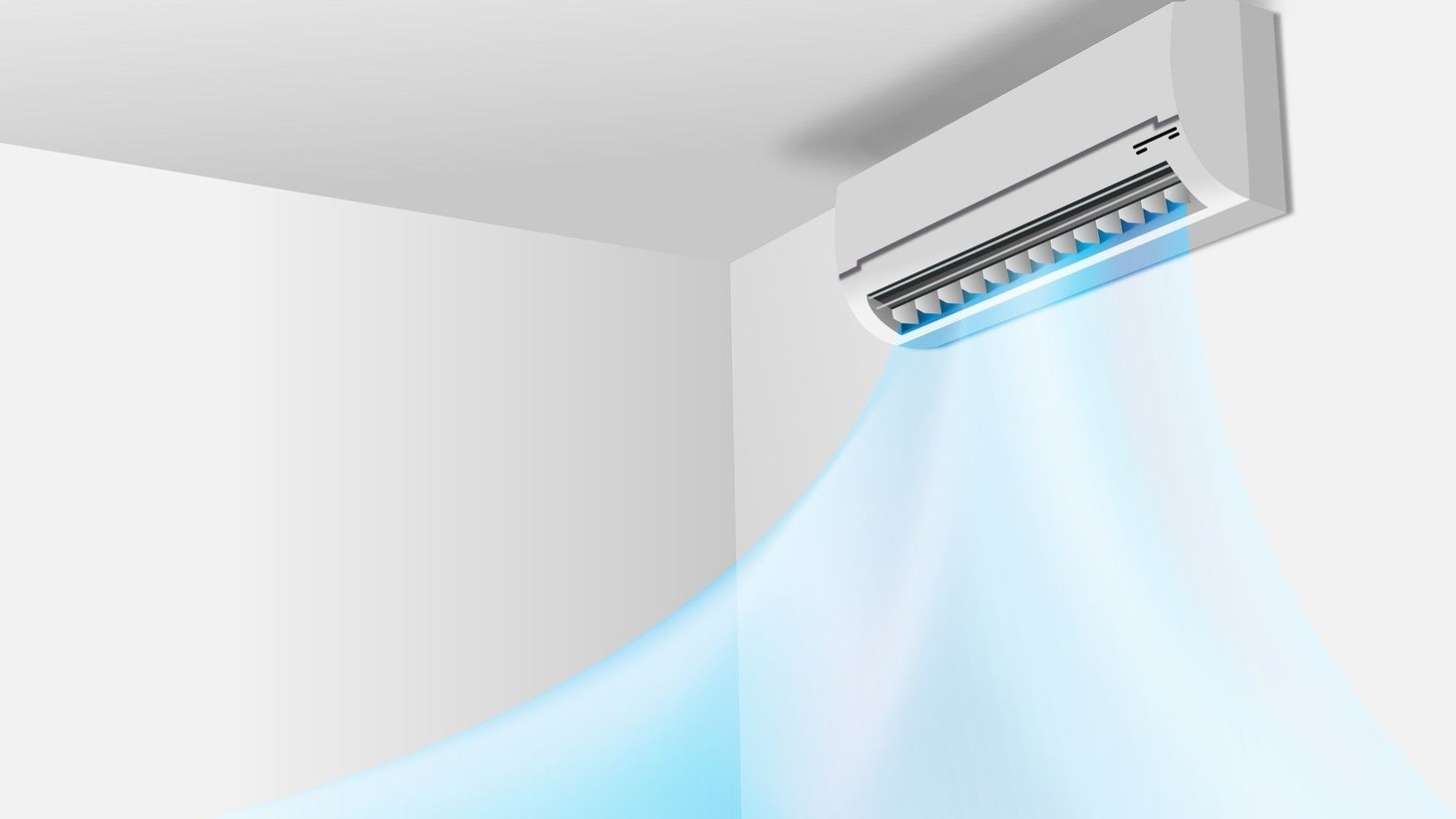
The air quality inside residential properties is linked to the health and overall well-being of the occupants. Most humans spend most of their time indoors, exposing themselves to life-threatening pollutants that might cause health threats like irritation, fatigue, and respiratory illnesses. On the other hand, maintaining breathable air free of airborne bacteria will help homeowners reduce these risks and live a higher quality of life.
As fresh air is vital inside the house, people should replace their old HVAC systems with the latest version to reduce the stuffiness of indoor air. Most modern developers of this technology have added features like detecting elevated carbon dioxide levels to enhance the amount of clean air. Additionally, equipped with digital thermostats units can monitor unclean air indoors, send the signal to sensors, and automatically deliver the issue to the fan, activating a new air mode.
Remote accessibility

Homeowners couldn’t regulate the heating schedule within different rooms in traditional HVAC systems. For instance, there is no one in a room but the system is still providing HVAC services in it. An empty space consumes costly electricity without benefitting any occupant, and consequently, increases the monthly bills.
The good thing about new HVAC systems is that homeowners have the power to manipulate their heating and cooling schedules by selecting their desired settings. People can control their home temperatures using mobile devices depending on their lifestyles. Moreover, electricity costs can be easily reduced with these technologies as they offer to leave an empty room out of the schedule.
Produce less noise

One of the most frustrating things about old HVAC systems is that they produce annoyingly loud noises that may affect your sleep. This whooshing sound is caused by excessive air being pushed out within several tubes when the velocity AC is working.
A smart unit produces less sound and is more efficient with energy and air quality. Hence, instead of having an outdated system shutting off every minute, upgraded AC runs more efficiently at a lower capacity, resulting in reduced bills and better sleep.
Historical recommendations
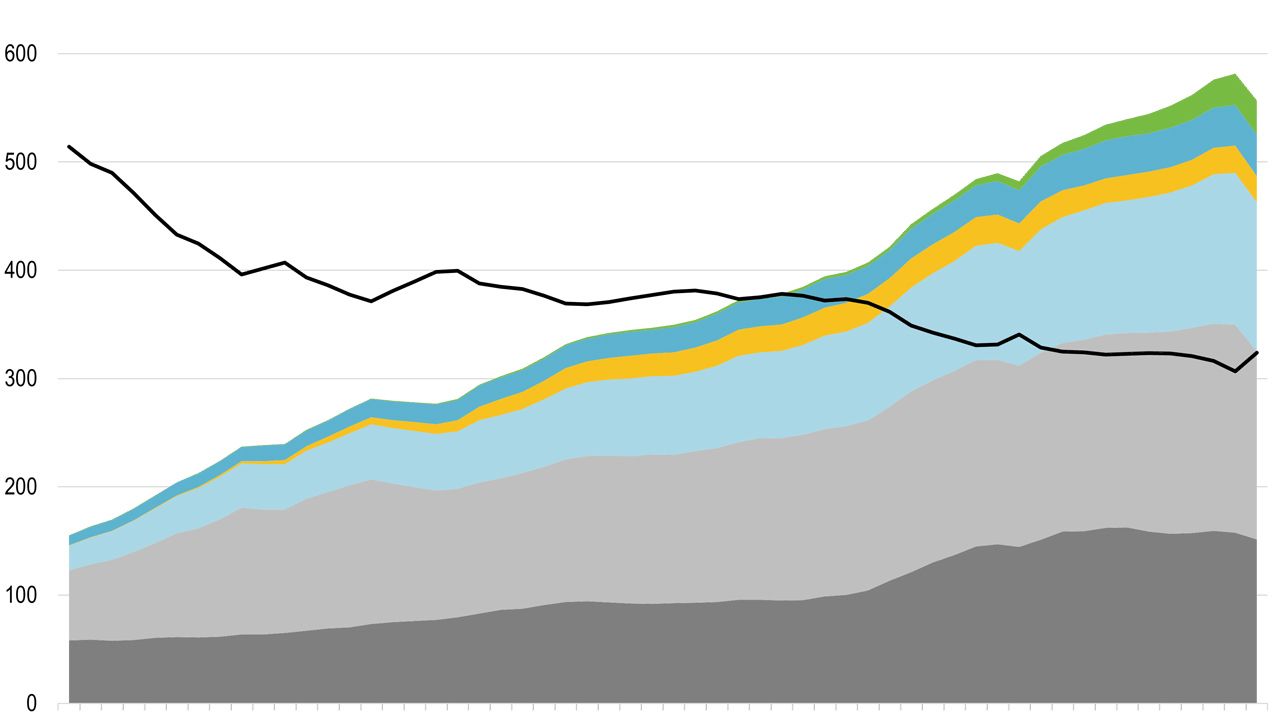
Most homeowners don’t have an accurate record of their previous AC system malfunctions. With the lack of information, they go through the guesswork of identifying when to schedule necessary maintenance for optimizing system faults. This demands a need to immediately contact their repair service provider or tolerate inefficient units.
One of the advantages of having an intelligent HVAC system is that homeowners can easily access a transparency report of the previous optimal performances and malfunctions of their units. All this data can significantly help maintenance contractors study a unit’s usage patterns before recommending the best ways to implement them.
Peace of mind

HVAC preventative maintenance is the most critical action for residential property owners to ensure that the area’s heating operates at optimal levels for a longer duration. This process includes touching, validating, and viewing to know if the system is working correctly, and helping contractors discover potential issues that can be addressed immediately. However, most homeowners using traditional HVAC systems have to guess whether their units need quick repairs or complete replacement.
One of the best benefits of an intelligent HVAC system is it can use its historical recommendations to notify contractors about leaking refrigerant. Similarly, they will instantly know if a component needs immediate replacement so homeowners can purchase another material to help their system evenly distribute coolness and warmth. This way there is no experience of a steady decline in system performance while increasing energy consumption. It simply offers peace of mind to homeowners.
Simple tips to lower your HVAC bills
Disconnect unused appliances
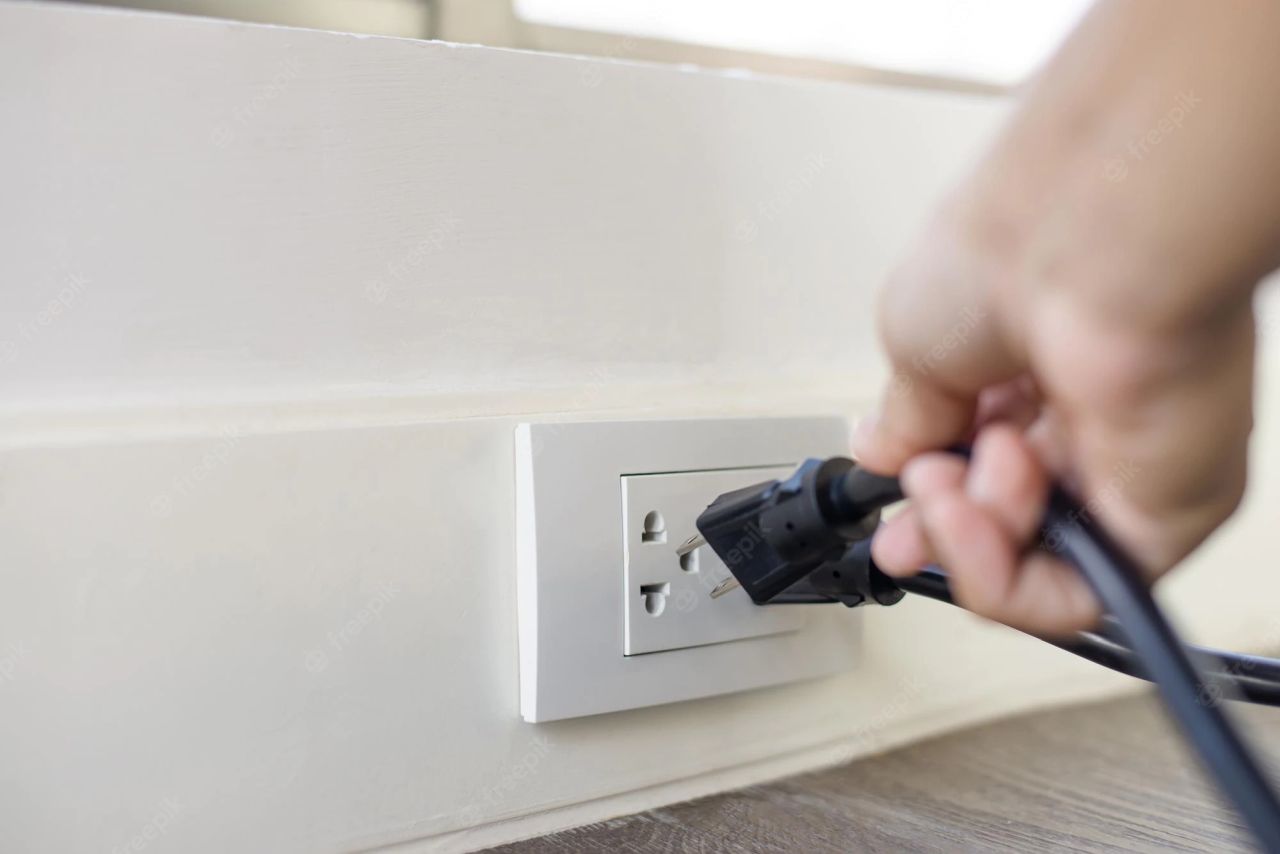
Turning off the lights, turning off the refrigerator, and switching off the television are some common instructions everyone has received since their childhood, yet most still leave the lights on, and appliances plugged in, and don’t bother turning the ACs off, which results in heavy electricity bills.
However, people can slash quite an amount off their utility bills by simply turning off and unplugging appliances in their homes. In case of forgetfulness, plugging devices into surge protector power strips can help a lot. It is a very convenient method of electricity saving since all that needs to be done now is flip off the master switch when not in use. This would help save any energy on standby and also help reduce electricity bills.
Use energy-efficient appliances
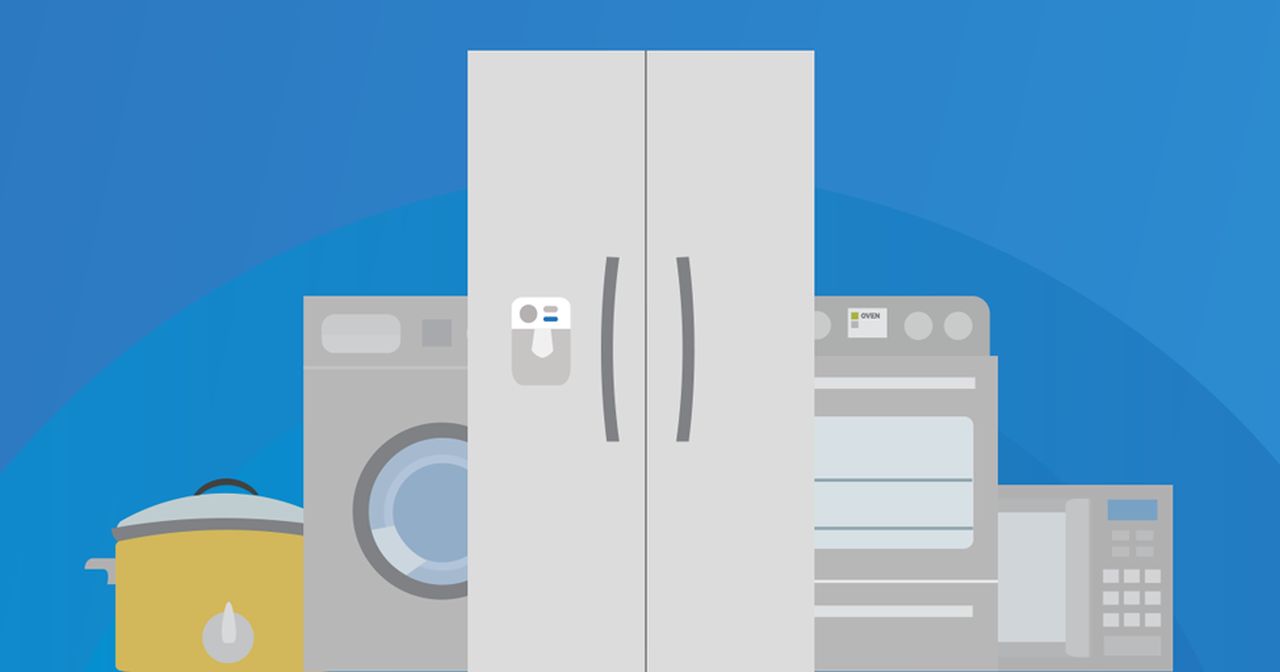
Merely turning off appliances won’t help reduce energy bills. Homeowners have to think out of the box and opt for appliances that consume far less energy than regular appliances. Replacing old, outdated, and energy-consuming appliances and buying new ones is a smart idea.
However, caution is recommended when buying new appliances. People must make sure that the new appliances have an ENERGY STAR® label on them. The label implies that the machine is certified to save energy without compromising functionality.
Prevent leakage of heating and cooling
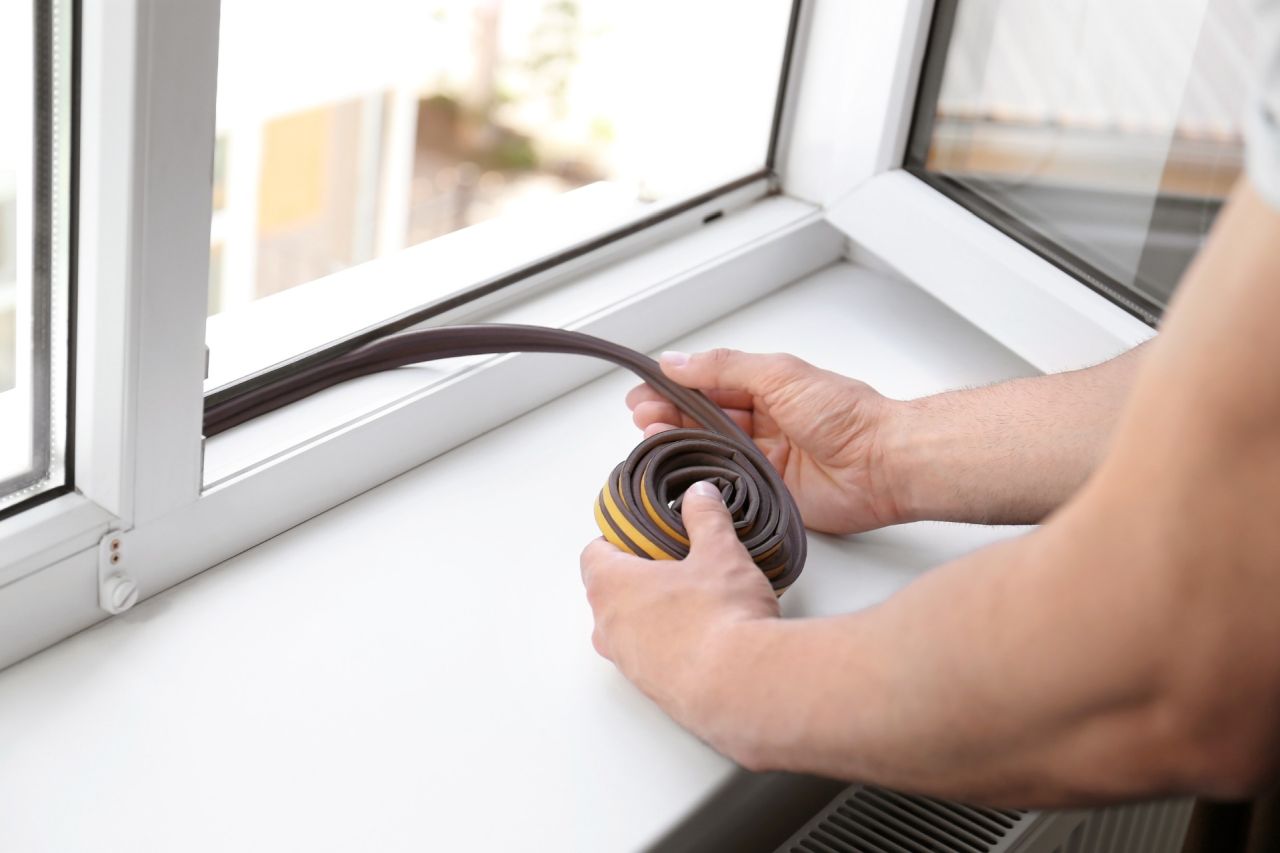
One really important aspect of saving money and reducing household heating and cooling costs is preventing leakage. Many people live in houses that are a few years old. Over time, the possibility is that cool and heated air from the HVAC system is leaking out from an unmaintained corner or ignored crack.
Although leakage is very natural, it should be a priority for homeowners to get an energy audit done. It can be done through a local contractor. Once the certified auditor inspects the house, he will recommend ways to prevent leakage, whether it is a construction-related issue or due to some other problem. All this will help make the home energy-efficient and consequently, reduce energy bills.
Invest in a programmable thermostat
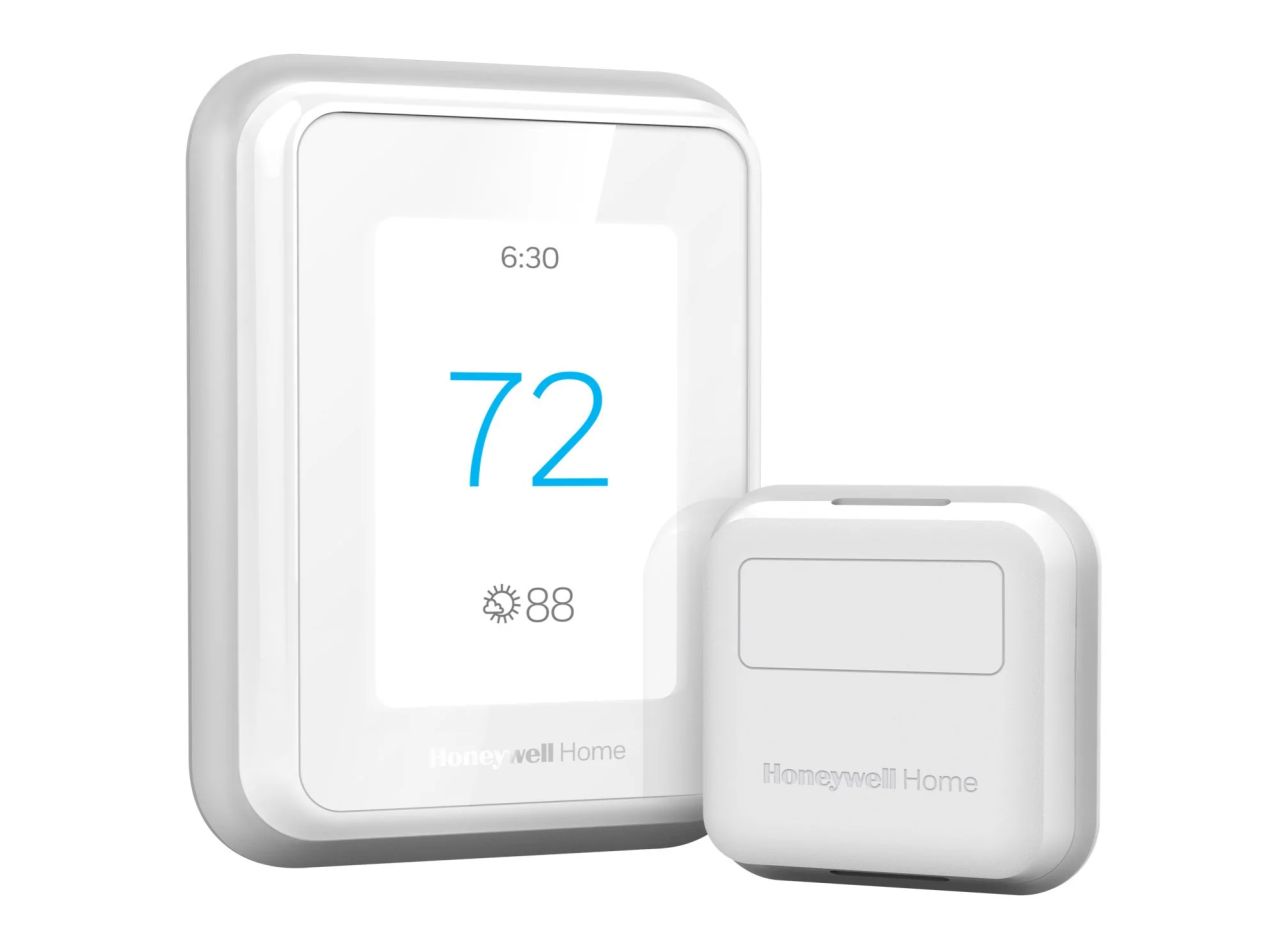
Half of the people ignore the functionality that a thermostat brings to the table. The thermostat is a small device responsible for controlling the temperature in a house or machine by switching the heat on and off as required.
Since HVAC systems utilize most of the electricity that is powering the home, it becomes important to invest in a programmable thermostat. Energy bills can be reduced by about two two-percent merely by lowering the temperature of the thermostat. Moreover, homeowners can shut down the thermostat remotely in case they forget to turn off the heating or cooling while leaving the house.
Keep the temperature suitable while sleeping
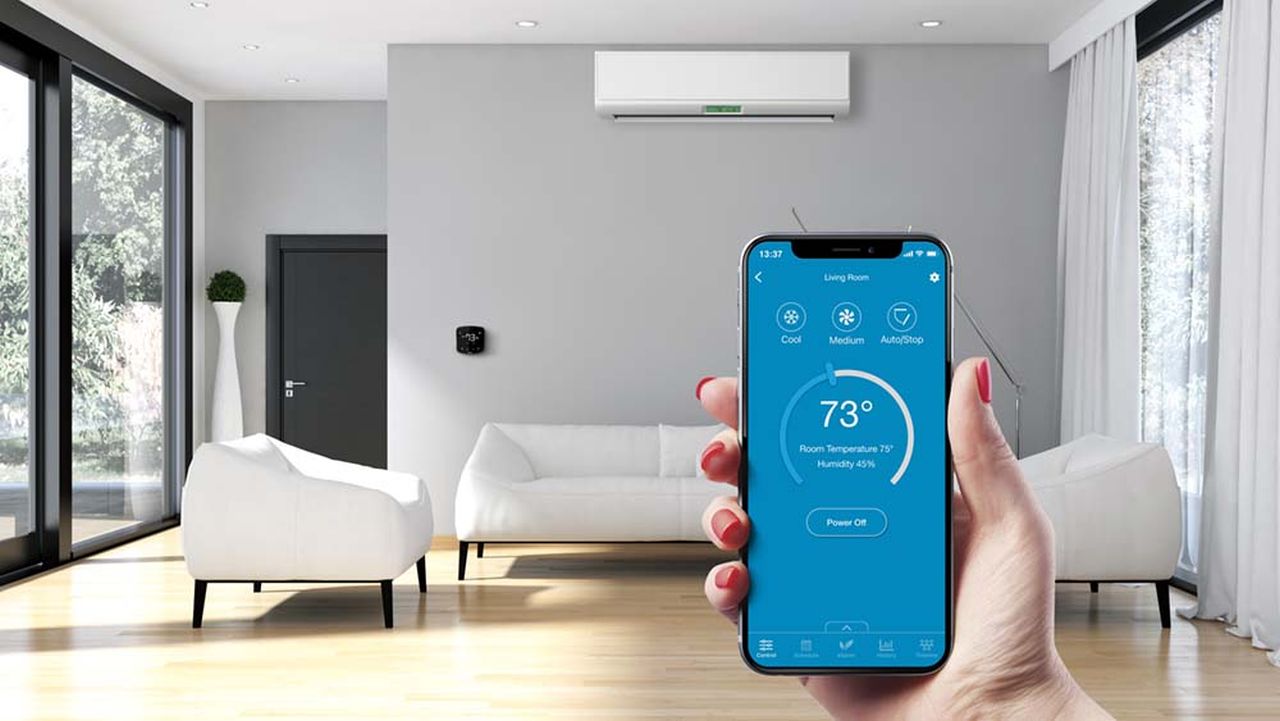
A simple but very crucial thing to remember. During the summer months, the temperature drops at night and it is not necessary to keep the AC at full power. It can be lowered to a mode where people can sleep peacefully and save some energy. A smart thermostat can be used to set the temperature range for the night, which also prevents the hassle of changing temperature manually.
Shift to ceiling fans
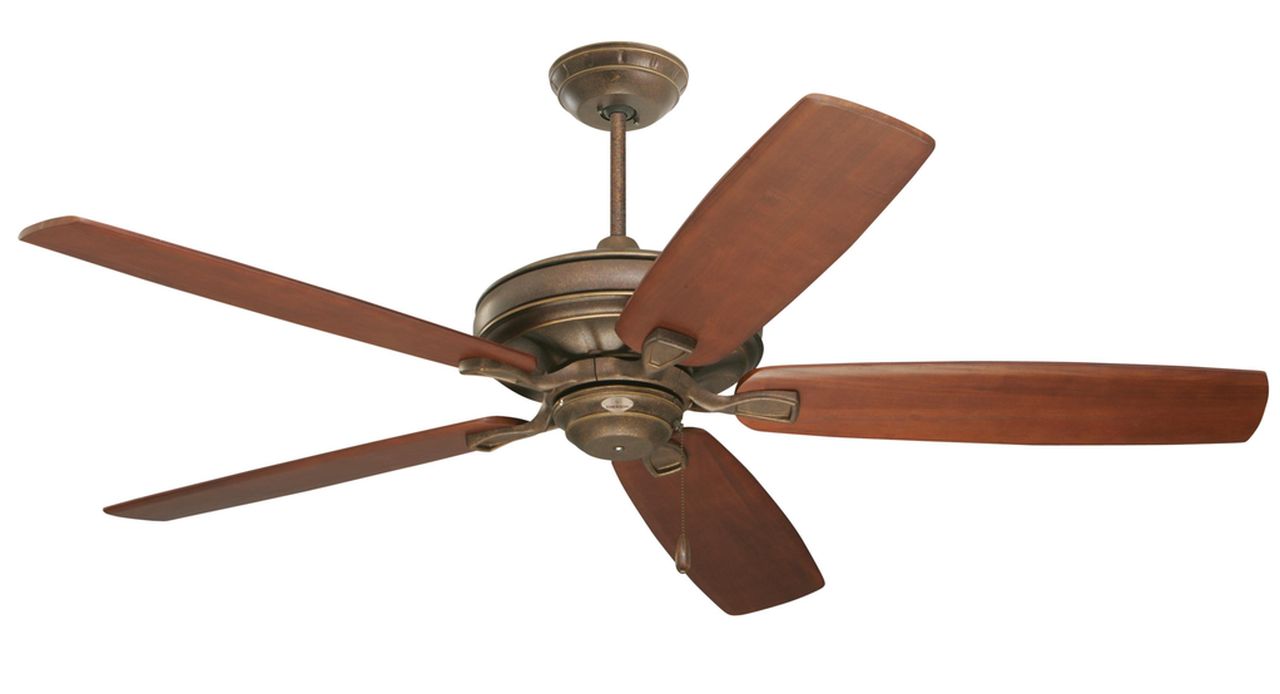
Homeowners do not need to completely replace their HVAC system but it can be turned off for a few hours during less humid months and ceiling fans can be used in its stead. The ceiling fans will circulate the cool air and keep the home atmosphere comfortable while taking the burden off of the HVAC system.
An ideal choice would be to invest in smart fans that work alongside the AC unit by picking up the internal temperature to maintain the best temperature. These fans would cost less than the air conditioner and end up saving a lot more energy in comparison to other cooling units.
Key takeaway
Homeowners intend to provide their families and visitors with a comfortable indoor living environment while ensuring that they breathe fresh air. Therefore, people should consider upgrading to innovative HVAC systems to help them reduce energy costs and save money in the long run. That said, by enabling accurate system maintenance monitoring, homeowners ensure a better life with their loved ones while keeping away life-threatening pollutants.
FAQs about HVAC system
Are HVAC systems really energy efficient? How much does one save by installing a new HVAC system?
Modern-day HAVC units are more energy efficient compared to traditional ones. When buying a new unit for the house, people must check the ENERGY STAR certification that guarantees lower energy costs. It also reduces emissions and improves operating performance.
In the case of air conditioners, they need to ensure that the new units have Seasonal Energy Efficient Ratio (SEER). The higher the SEER value, the more energy-efficient the system will be.
In the case of a furnace, people should get a high-efficiency unit with an AFUE rating of 95%. Using the example of 16 cents per kilowatt-hour for an AC Unit, upgrading from an older 10 SEER system to a 14 SEER system could yield up to 29% in savings. The long-term savings add up quickly and grow even faster as electricity rates fluctuate over time. All this helps save a lot of money on energy bills.
What is the right time to replace an HVAC unit?
Make sure to replace an old HVAC system with a brand-new unit if the heating, ventilation, and air conditioning systems are 10 years or much older. If homeowners are receiving increased energy bills or sensing unpleasant noises and smells from their HVAC units, it is time to invest in a new unit. Another vital sign to look for is the presence of more dust and debris throughout the home. This means the time has finally come to buy a new energy-efficient unit and get rid of old systems.
How to pick the right HVAC unit?
Try consulting a certified HVAC technician. Work together on finding the right unit based on BTUs (British Thermal Units) and the square footage of the home. Greater the BTU the higher the capacity of the unit. It is a must that people choose an HVAC installation company that has loads of experience in the field and has certified HVAC technicians who can be trusted blindly.
Follow Homecrux on Google News!

